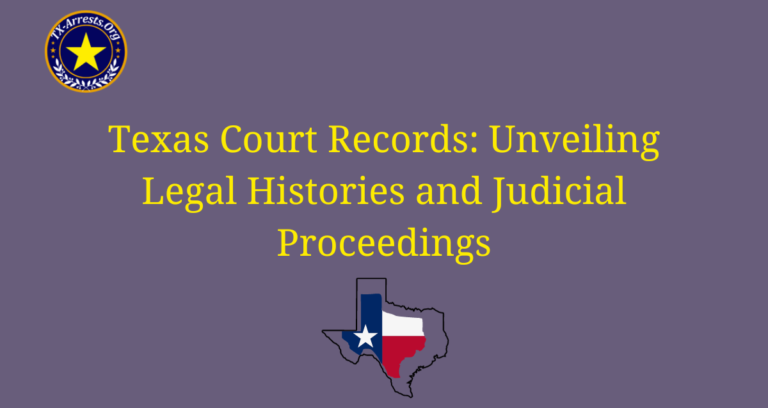Consumer Rights and Protection in Texas

In ensuring consumer protection, Texas boasts a strong regulatory system. The Texas Deceptive Trade Practices-Consumer Protection Act (DTPA) stands as a crucial legislation, offering extensive safeguards against deceptive, unfair, and unconscionable practices. Encompassing diverse consumer transactions like sales, leases, and services, this act grants consumers the authority to pursue legal remedies against businesses involved in fraudulent or deceptive conduct.
Consumer Rights in Texas
In Texas, consumer rights are safeguarded by a framework that ensures fair practices and protections for individuals. From transparent transactions to product safety, the state upholds the rights of consumers, providing avenues for recourse in case of disputes. Stay informed and empowered with a robust understanding of your consumer rights in the Lone Star State.
Importance of Consumer Rights
Consumer rights and protection are fundamental aspects of any well-functioning society. In Texas, these rights are safeguarded by various laws and regulations that aim to ensure fair and ethical business practices. Whether you are purchasing a product or availing a service, understanding your rights as a consumer is crucial in order to make informed choices and seek redress in case of any disputes or grievances.
The Texas Deceptive Trade Practices-Consumer Protection Act
When it comes to consumer protection, Texas has a robust framework in place. The Texas Deceptive Trade Practices-Consumer Protection Act (DTPA) is one such legislation that provides comprehensive protection to consumers against deceptive, unfair, and unconscionable practices. This act covers a wide range of consumer transactions, including sales, leases, and services, and empowers consumers to take legal action against businesses that engage in fraudulent or deceptive practices.
Types of Consumer Transactions Covered
The DTPA covers a wide range of consumer transactions, ensuring that consumers have legal recourse against unscrupulous businesses. Whether you are purchasing a product, leasing a property, or availing a service, the DTPA provides protection against deceptive and unfair practices. This includes false advertising, misrepresentation of goods or services, failure to disclose important information, and other fraudulent practices.
Consumer Remedies and Legal Action
If you believe that your consumer rights have been violated, the DTPA provides you with several remedies and legal options. You have the right to seek damages, including actual damages, statutory damages, and even treble damages in certain cases. In addition, you may also be entitled to attorney’s fees and court costs if you are successful in your legal action. These remedies ensure that consumers have the necessary tools to fight against deceptive and unfair practices.
Seeking Assistance from Consumer Protection Agencies
In addition to the legal remedies provided by the DTPA, consumers in Texas can also seek assistance from various consumer protection agencies. These agencies are dedicated to helping consumers resolve disputes and grievances with businesses. They provide guidance, mediation services, and can even initiate investigations into potential violations of consumer rights. By contacting these agencies, consumers can receive the necessary support and guidance to resolve their issues effectively.
Importance of Consumer Education
Finally, it is crucial for consumers to educate themselves about their rights and protections under the DTPA and other consumer protection laws. By staying informed, consumers can make informed choices, recognize deceptive practices, and take appropriate action when necessary. Consumer education plays a vital role in creating a fair and ethical marketplace, where businesses are held accountable for their actions and consumers can make confident decisions.
FAQs
What are consumer rights in Texas?
Consumer rights in Texas refer to the legal protections and entitlements granted to individuals who purchase goods or services. These rights ensure fair treatment, safety, and the ability to make informed choices as consumers.
How can I file a consumer complaint in Texas?
To file a consumer complaint in Texas, you can contact the Texas Attorney General’s Consumer Protection Division or submit a complaint online through their official website. Provide details of the issue, supporting documentation, and any communication with the business.
What is the role of the Texas Department of Licensing and Regulation in consumer protection?
The Texas Department of Licensing and Regulation plays a vital role in consumer protection by regulating various industries and professions. They ensure compliance with state laws, licensing requirements, and investigate complaints related to consumer rights violations.
Are there any specific laws in Texas that protect consumers?
Yes, Texas has several laws in place to protect consumers. These include the Texas Deceptive Trade Practices-Consumer Protection Act, which prohibits false advertising and deceptive business practices, and the Texas Lemon Law, which provides remedies for consumers who purchase defective vehicles.
What should I do if I suspect a business is engaging in fraudulent practices in Texas?
If you suspect a business is engaging in fraudulent practices in Texas, you should report it to the Texas Attorney General’s Consumer Protection Division or file a complaint with the Better Business Bureau. Provide as much evidence as possible to support your claim.
Can I seek legal recourse if my consumer rights are violated in Texas?
Yes, if your consumer rights are violated in Texas, you have the right to seek legal recourse. You can consult with an attorney specializing in consumer protection law to understand your options and pursue a legal case against the business or individual responsible.






